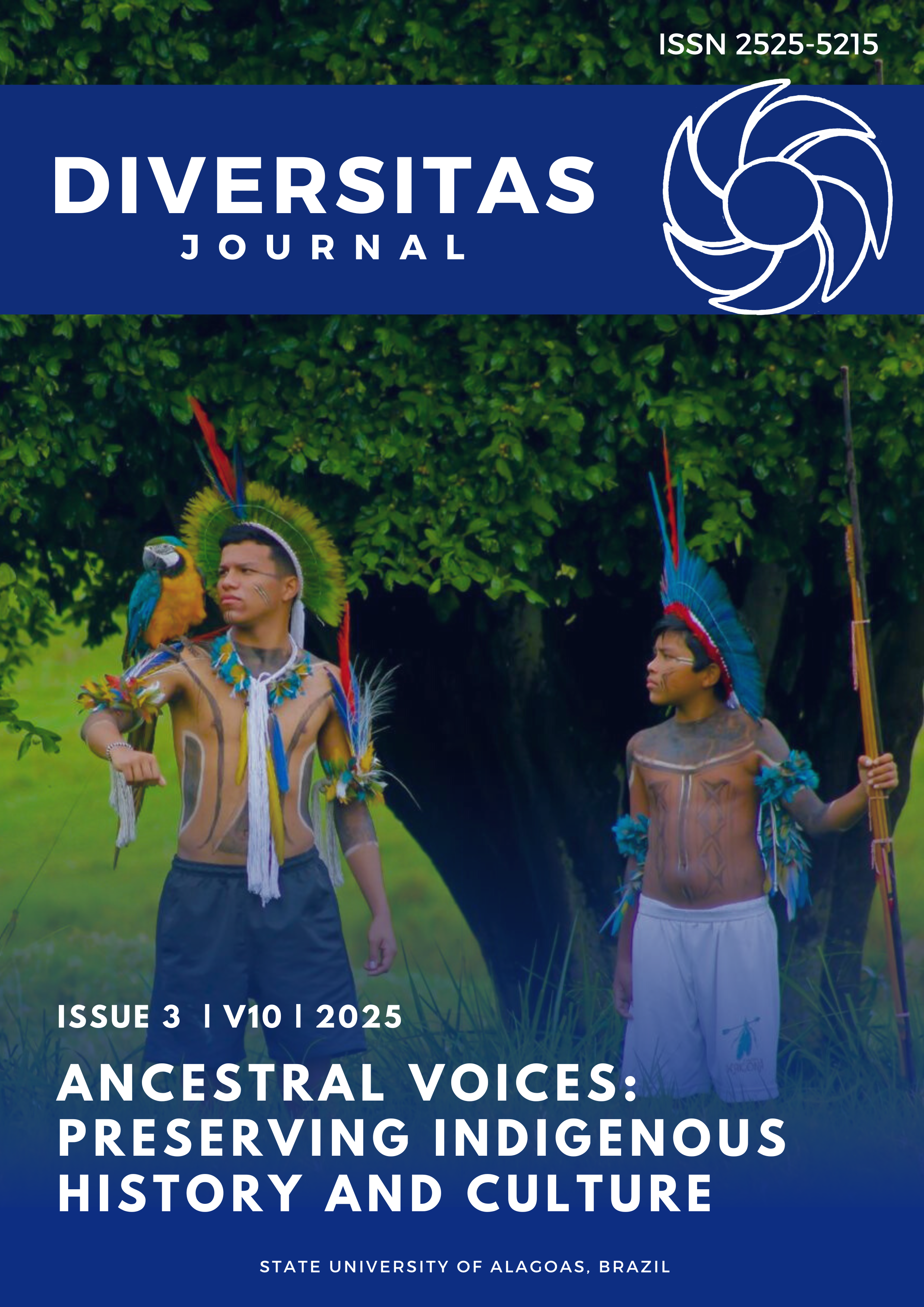Intervention Brigade: A Strategic Process to Improve the Academic Performance of Cookery 9 Students in Bulihan Integrated National High School, Silang, Cavite, Philippines
DOI:
https://doi.org/10.48017/dj.v10i3.3504Keywords:
Intervention Brigade, Strategic Intervention Materials, TLE (Technology and Livelihood Education)Abstract
This study examined the implementation and effectiveness of the "Intervention Brigade," a school-based remediation strategy aimed at addressing the least-mastered competencies of Cookery 9 students at Bulihan Integrated National High School in Silang, Cavite, Philippines. The research sought to identify factors behind low academic performance and evaluate the intervention's impact on student outcomes. Data collection involved Learning Outcomes Assessments (LOA), focus group discussions with purposively selected students, and interviews with Cookery 9 teachers. Findings highlighted that poor study habits, limited access to learning resources, low engagement in written tasks, and instructional gaps were key contributors to low performance. Analysis of pre- and post-intervention LOA scores showed a significant improvement, with an average 22% increase in scores and a notable rise in student mastery levels. The study concluded that structured remediation activities—such as teach-reteach sessions, test-retest, and the use of Strategic Intervention Materials (SIMs)—are effective in enhancing learners' comprehension and confidence. Recommendations include institutionalizing the Intervention Brigade across other subject areas, improving teacher training in differentiated instruction and SIM development, and integrating diagnostic assessments into regular teaching to better support student learning.
Metrics
References
Ahmad, N., Zakaria, Z., & Yusof, N. (2022). The effectiveness of modular teaching in vocational culinary education in Malaysian TVET schools. International Journal of Vocational Education and Training Research, 8(2), 34–41.
Andres, M. A., & Dizon, E. I. (2020). Enhancing student performance through mastery-based remediation. Philippine Journal of Education and Learning, 15(1), 34–41.
Bloom, B. S. (1968). Learning for mastery. UCLA–CSEIP Evaluation Comment, 1(2), 1–12.
De Guzman, A. R., & Santiago, M. L. (2021). Remedial instruction in TLE: Its effects on the performance and interest of junior high school learners. Asian Journal of Educational Research, 9(2), 45–57. https://doi.org/10.1234/ajer.v9i2.0123
Department of Education. (2005). DepEd Memorandum No. 117, s. 2005: Strategic Intervention Materials (SIM) Training Workshop for Successful Learning. https://www.deped.gov.ph
Department of Education. (2015). DepEd Order No. 08, s. 2015: Policy Guidelines on Classroom Assessment for the K to 12 Basic Education Program. https://www.deped.gov.ph
Department of Education. (2020). National Achievement Test Results Report. Bureau of Education Assessment.
Flores, K. M., & Gaspar, R. M. (2022). Exploring the effectiveness of differentiated instruction in TLE: Evidence from Philippine public schools. International Journal of Education and Pedagogy, 4(1), 22–30. https://doi.org/10.5678/ijep.v4i1.567
Guskey, T. R. (2021). Implementing mastery learning. Solution Tree Press.
Hattie, J. (2021). Visible learning: A synthesis of over 800 meta-analyses relating to achievement. Routledge.
Liu, M., & Tsai, C. (2023). Enhancing vocational high school performance through digital remediation strategies in Taiwan. Journal of Technical Education and Training, 15(1), 55–69.
Santos, E. L., & Hernandez, P. D. (2021). Utilization of strategic intervention materials (SIM) to enhance learners’ academic achievement. Journal of Innovative Teaching and Learning, 3(2), 60–68.
Downloads
Published
How to Cite
Issue
Section
License
Copyright (c) 2025 Ronemie Abril, Paul Jay Payumo, Mark Anthony Abril

This work is licensed under a Creative Commons Attribution 4.0 International License.
The Diversitas Journal expresses that the articles are the sole responsibility of the Authors, who are familiar with Brazilian and international legislation.
Articles are peer-reviewed and care should be taken to warn of the possible incidence of plagiarism. However, plagiarism is an indisputable action by the authors.
The violation of copyright is a crime, provided for in article 184 of the Brazilian Penal Code: “Art. 184 Violating copyright and related rights: Penalty - detention, from 3 (three) months to 1 (one) year, or fine. § 1 If the violation consists of total or partial reproduction, for the purpose of direct or indirect profit, by any means or process, of intellectual work, interpretation, performance or phonogram, without the express authorization of the author, the performer, the producer , as the case may be, or whoever represents them: Penalty - imprisonment, from 2 (two) to 4 (four) years, and a fine. ”


















